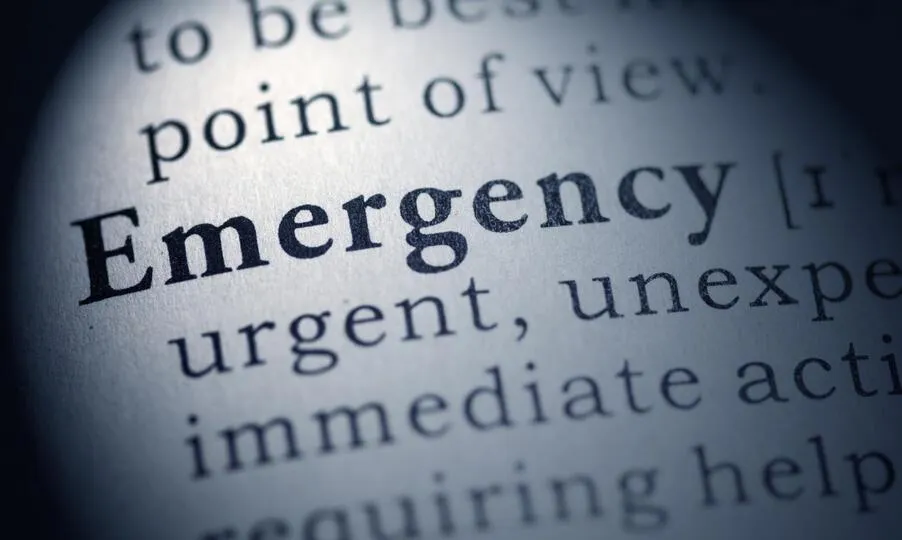Blog
Financial Planning for Moms
Building an Emergency Fund

As a well-to-do Filipina mom, it can be easy to overlook the importance of building an emergency fund. After all, you likely have a comfortable lifestyle and steady income, so it may be tempting to assume that unexpected expenses or emergencies will be easily manageable. However, having an emergency fund is crucial for financial security, and can help you weather unexpected events without jeopardizing your long-term financial goals. We'll discuss why and how to build an emergency fund.
Why Build an Emergency Fund?
An emergency fund is a cash reserve that you set aside specifically for unexpected expenses or emergencies. This can include anything from car repairs to medical bills to sudden job loss. While many people assume that they can simply rely on credit cards or loans in the event of an emergency, this can actually lead to more financial stress in the long run. By having a solid emergency fund, you can avoid high-interest debt, stay on track with your financial goals, and have peace of mind knowing that you're prepared for the unexpected.
How Much Should You Save?
The general rule of thumb for emergency funds is to save enough to cover three to six months of living expenses. However, the exact amount that you should save will depend on your personal situation. Consider factors like your monthly expenses, the stability of your income, and any potential risks or expenses that may be unique to your situation. For example, if you are the sole breadwinner for your family, or if you have a high-risk job, you may want to save more than the recommended three to six months.
How to Build an Emergency Fund?
Building an emergency fund can be a daunting task, but it's important to start as soon as possible. Here are some tips to help you get started:
Set a specific savings goal: Decide on an amount that you want to save, and set a timeline for achieving that goal. This will help you stay motivated and focused on building your emergency fund.
Automate your savings: Set up automatic transfers from your checking account to a separate savings account for your emergency fund. This will ensure that you're consistently saving a portion of your income, even if you forget or have unexpected expenses in a given month.
Cut unnecessary expenses: Take a close look at your budget and identify any areas where you can cut back on spending. This might mean canceling or downgrading some subscription services which you rarely use, using delivery food services less often, cooking at home more often and eating out less, lessening unecessary online purchases, or shopping for sales and deals.
Consider a high-yield savings account: Look for a savings account that offers a high interest rate, which can help your emergency fund grow faster over time.
Avoid touching your emergency fund: Once you've built up your emergency fund, avoid using it for anything other than true emergencies. If you do need to dip into it, make a plan to replenish the funds as soon as possible.
Building an emergency fund is an important step in financial planning, and can help you achieve long-term financial stability and peace of mind. By following these tips and staying committed to your savings goals, you can build a solid emergency fund that will protect you and your family from unexpected events or emergencies.
Teachers' Village, Diliman, Quezon City 1101, Philippines
Cell - 0998-2484829 • Landline - 8961-4965 • Viber - 0917-9169643 • Email: [email protected]
© Copyright 2026. Pinay Peso. All rights reserved.
